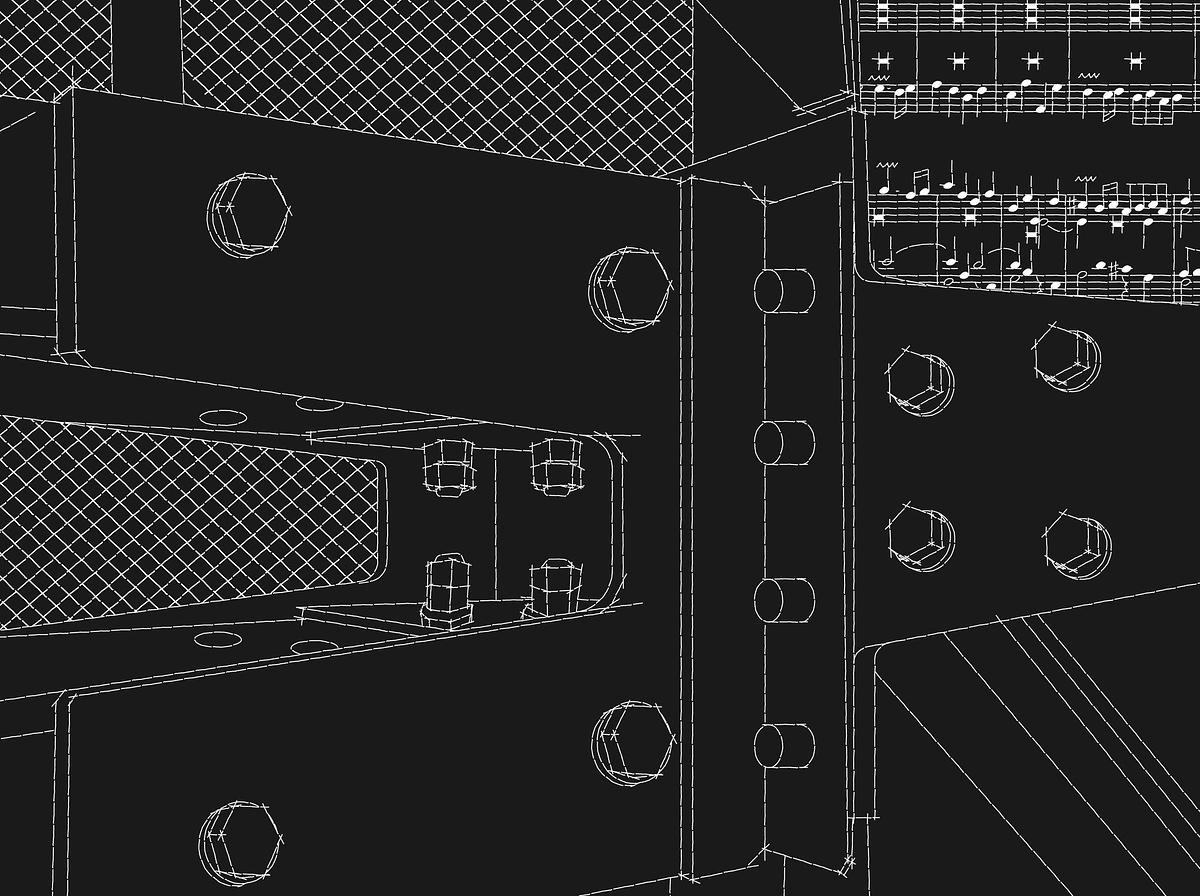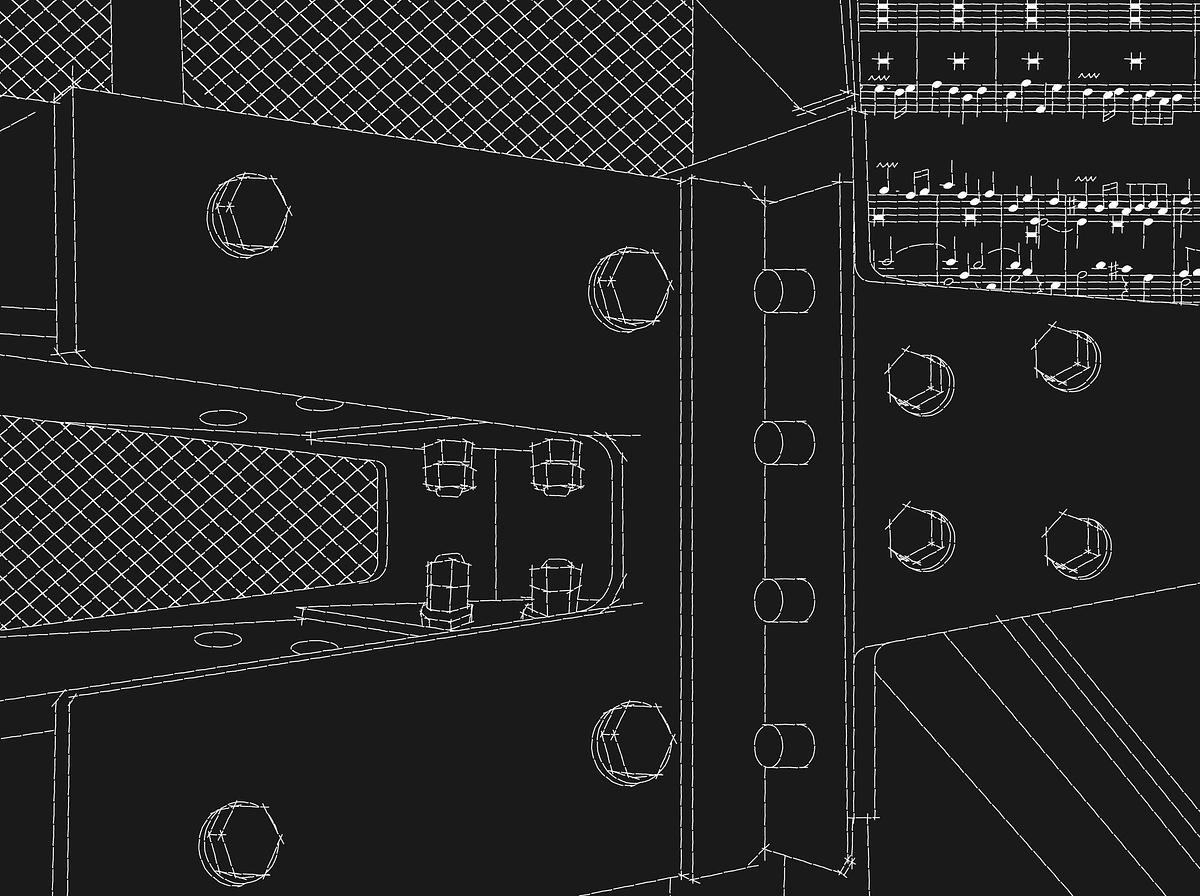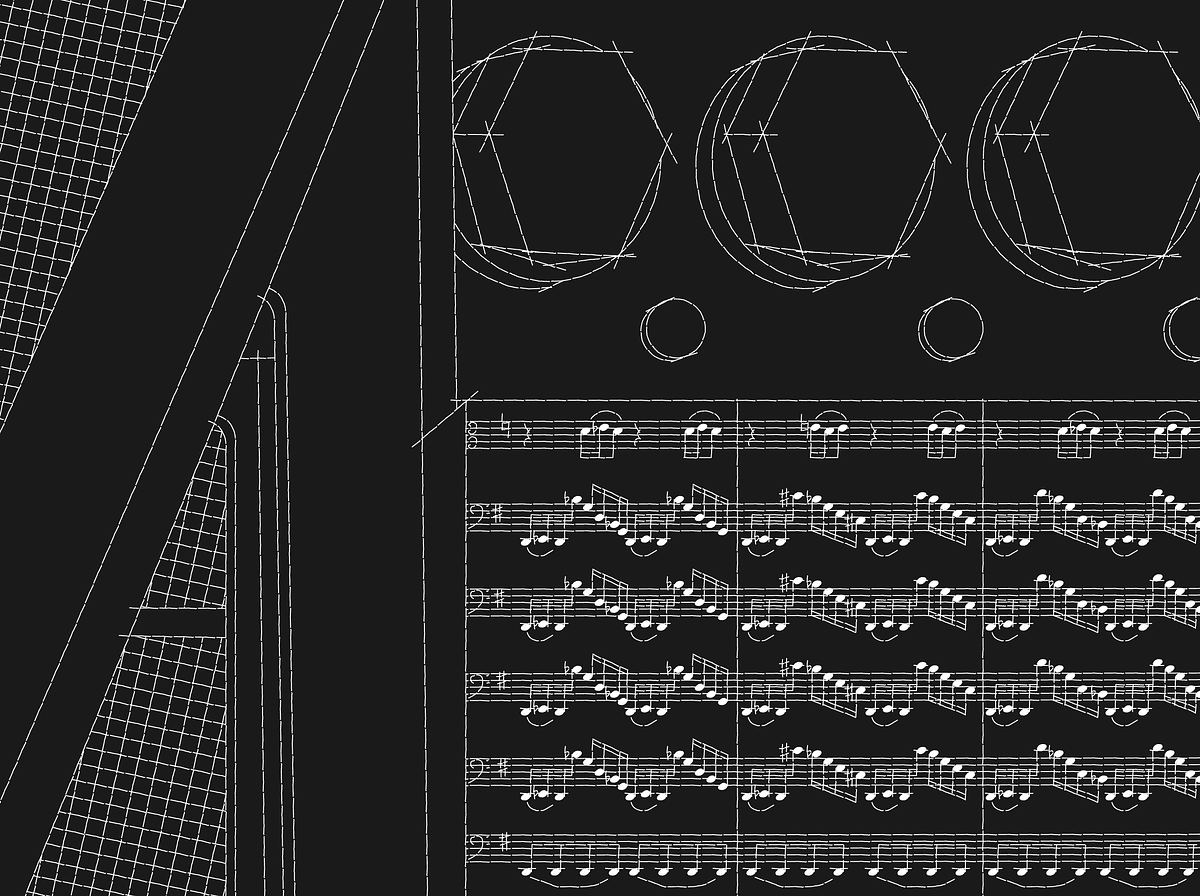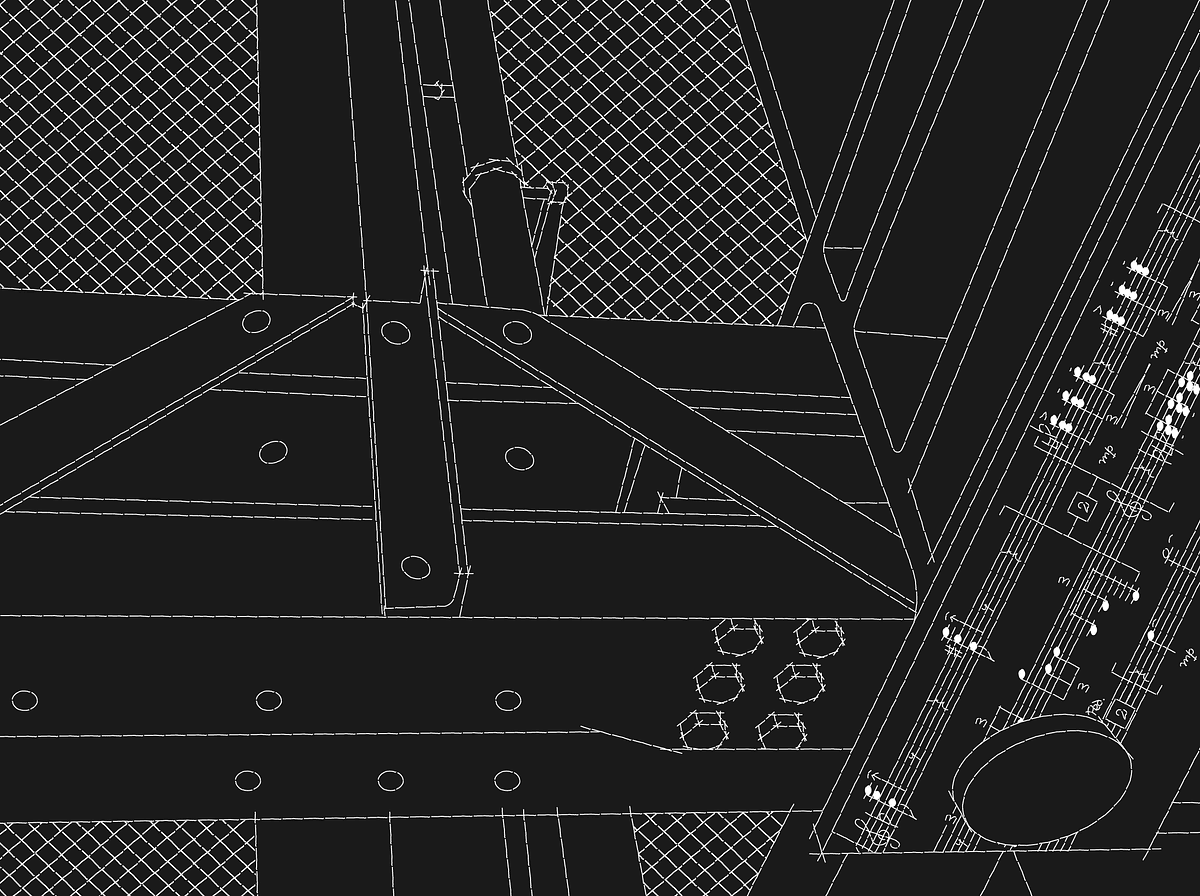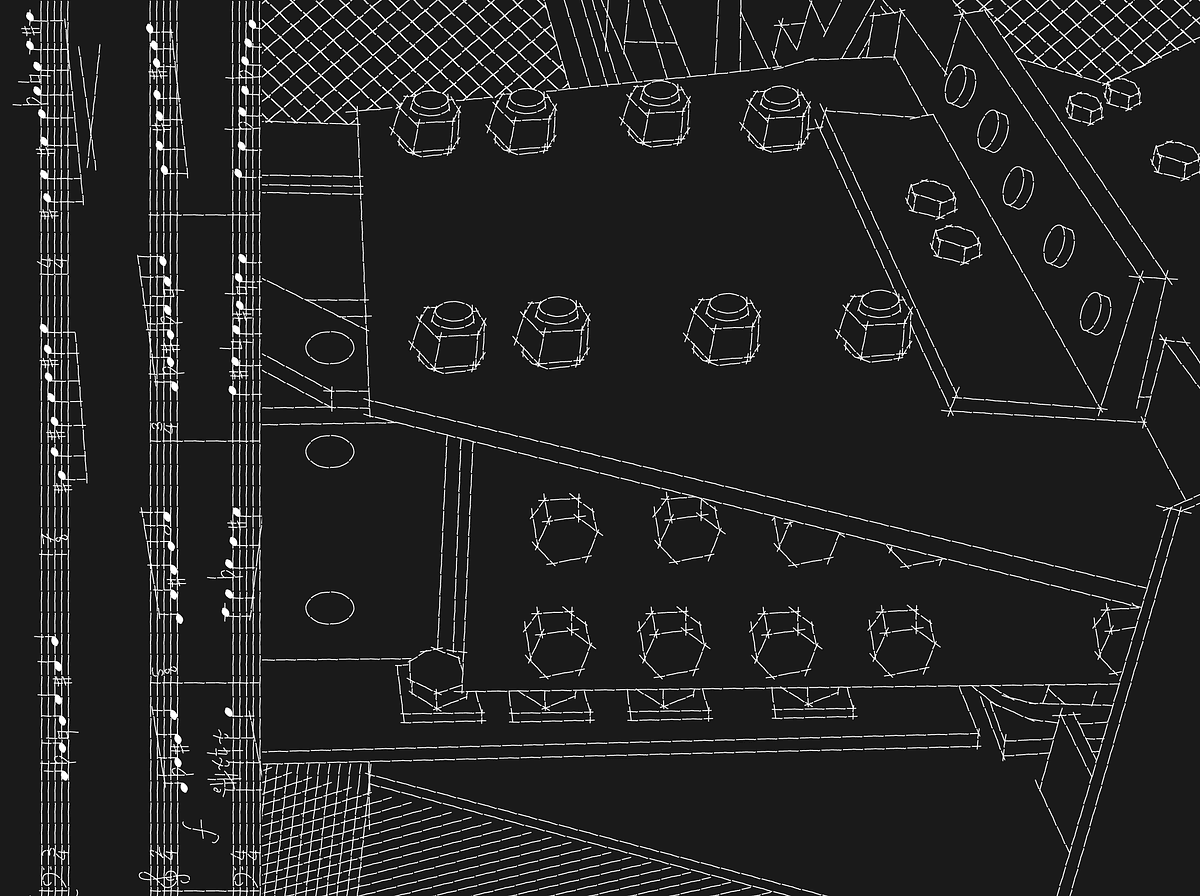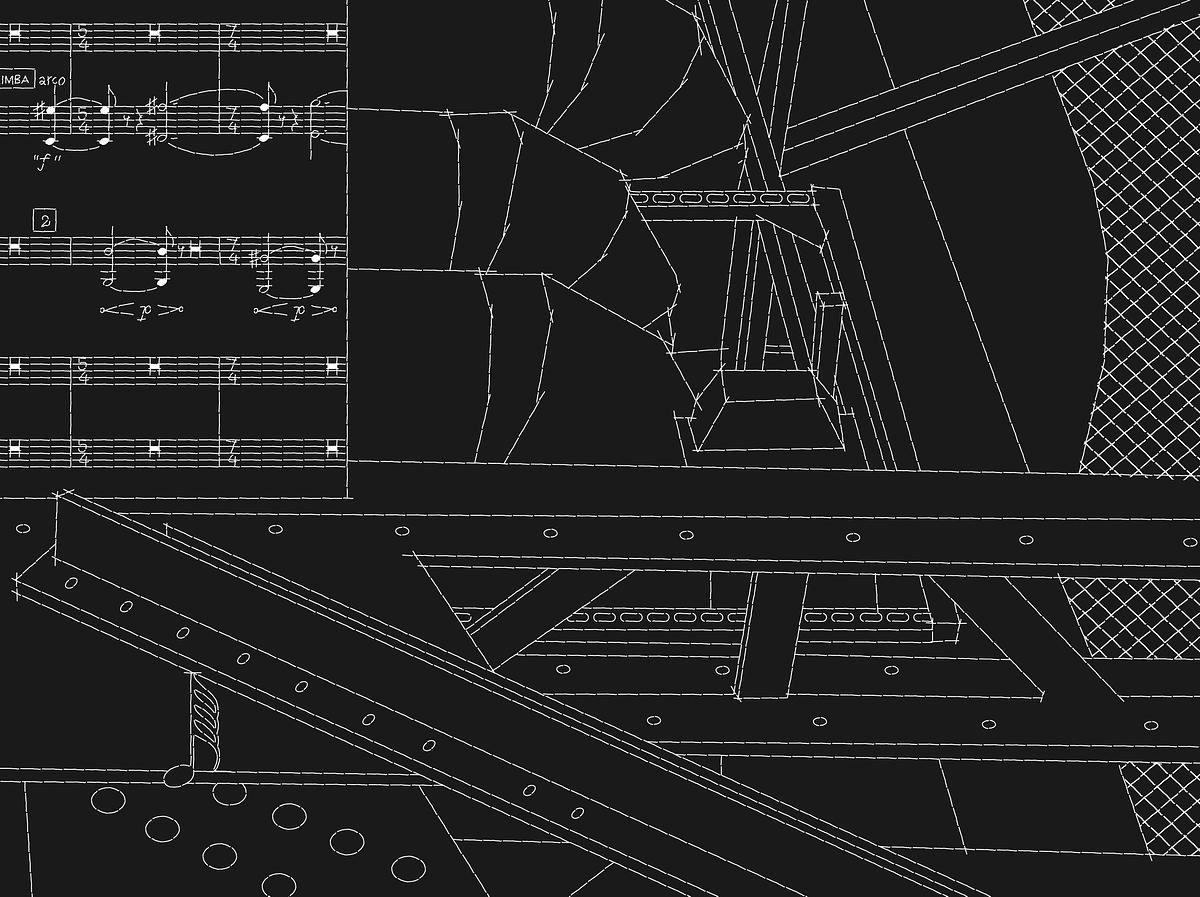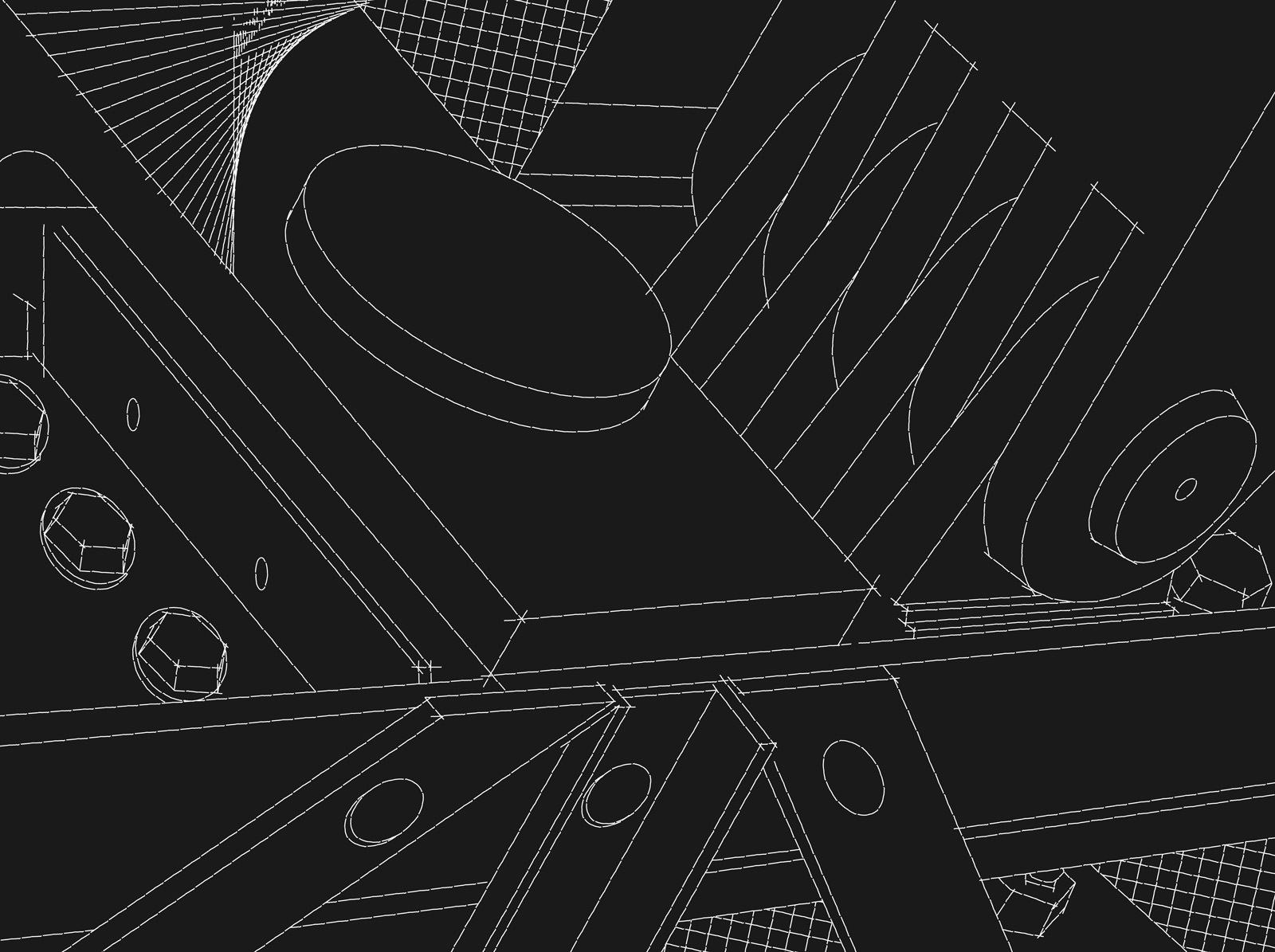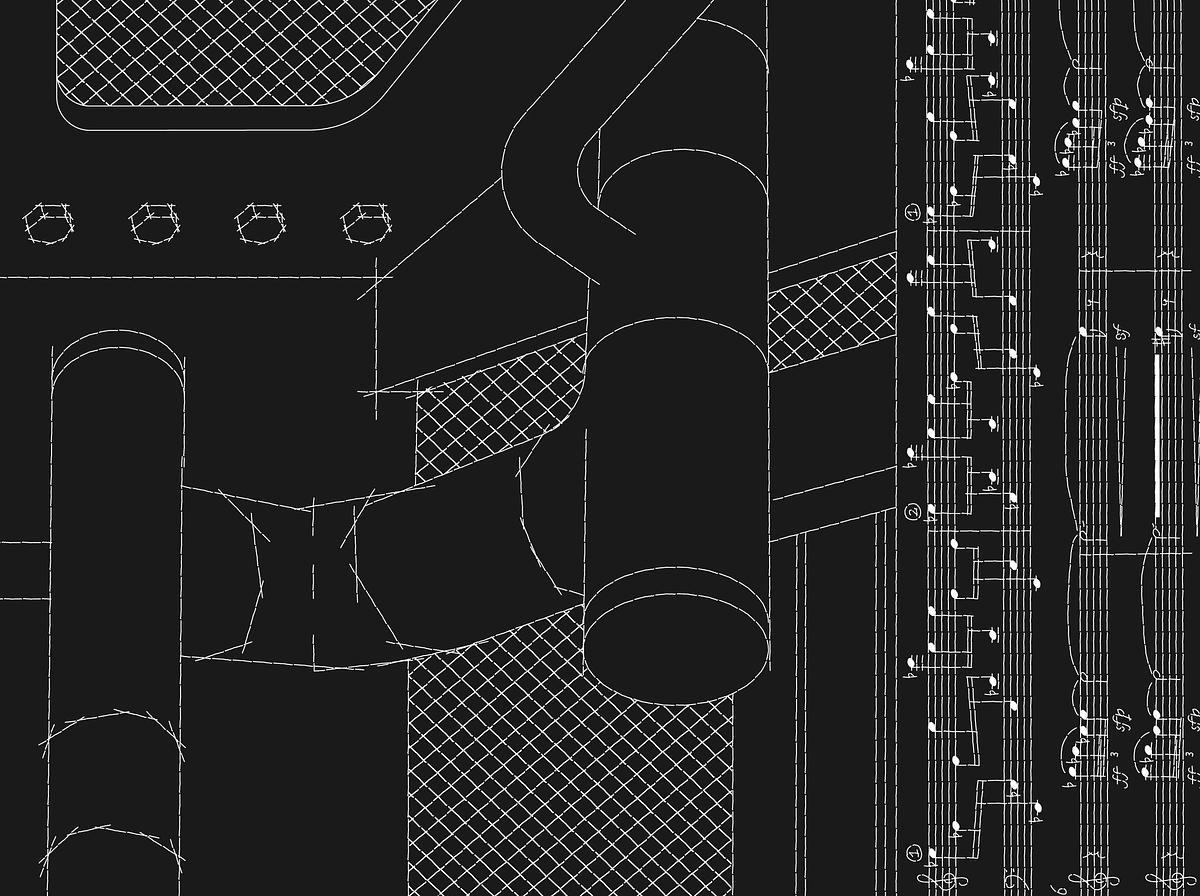
Enter the rabbit hole of four centuries of musical history through
Enter the rabbit hole of four centuries of musical history through
From September to December 2023, the Refitting Old Ships musical programme at
Were Eliot and myself merely trying to refit old ships while the other side—Joyce, Schoenberg—sought new forms of travel? I believe that this distinction, much traded on a generation ago, has disappeared. (An era is shaped only by hindsight, of course, and hindsight reduces to convenient unities, but all artists know that they are part of the same thing.) Of course we seemed, Eliot and myself, to have exploited an apparent discontinuity, to have made art out of the disjecta membra, the quotations from other poets and composers, the references to earlier styles (‘hints of earlier and other creation’), the detritus that betokened a wreck. But we used it, and anything that came to hand, to rebuild, and we did not pretend to have invented new conveyors or new means of travel. But the true business of the artist is to refit old ships.
—Igor Stravinsky
United by the “common multiple” about which the poet Velimir Khlebnikov once wrote in the poem “I don’t know whether the Earth is spinning or not” (1909), the concerts of the Refitting Old Ships programme form a single narrative. The relations running between the programme’s seven parts have been deliberately broken in such a way that they can be brought together independently by spectators, who will be assisted in this task by the Questa Musica and Pratum Integrum orchestras, by the Speech Quartet and N’Caged ensembles, and by the pianists Arseniy Tarasevich-Nikolaev and Yuriy Favorin. Refitting Old Ships will open with performances by leading Russian conductors of the middle-generation. Fedor Lednev will continue the revision of Gustav Mahler’s symphonies and the legacy of Arnold Schoenberg’s Society for Private Musical Performances that he began last season, and Philip Chizhevsky will perform the second concert in his full cycle of Ludwig Van Beethoven’s symphonies.
Illustration: Masha Malinskaya
Gustav Mahler’s Fourth Symphony (1900) is perhaps the earliest example of musical neoclassicism: approaching the boundary of modern and contemporary times, the composer resurrects the world of Viennese classicism and early Romanticism—yet very soon, only fragments of this resurrected world’s strictness and integrity remain. The chamber version of the Fourth, created in the 1920s for the concerts of the Society for Private Musical Performances, fixes the consequences of the catastrophe that had destroyed the reality for which Mahler had pined in his original score. By the end of the twentieth century, this artist-modernist’s yearning for a Romantic utopia would have become the key creative theme for the leader of the post-war Italian avant-garde, Luigi Nonno. In the work that will be performed by the N’Caged ensemble under the direction of Arina Zvereva, the vocal cycle Quando stanno morendo (1982, written to a text by Velimir Khlebnikov, Alexander Bloch, and Boris Pasternak), Nono’s yearning is particularly audible.
"To constantly push the boundaries of the permissible, to test tradition for strength (sometimes to breaking)“—this is how the musicologist Larisa Kirillina formulates the artistic credo of Ludwig Van Beethoven. Beethoven’s Third or “Heroic” Symphony (1803)— the manifesto of this nineteenth-century avant-gardist—strives towards a radical renewal of language, forms, and genres at the same time as it assimilates the traditions of the past, “virtuosically turning them on completely unexpected sides.” Almost three centuries later, Alexander Rabinovich-Barakovsky would do much the same thing—one of the most important figures in the late-Soviet musical scene, Rabinovich-Barakovsky was effectively forgotten by his native land after his emigration in 1974. His 1996 Incantations concert symphony for piano and orchestra might be termed the quintessence of his style: Rabinovich-Barakovsky transforms commonplace idioms and cliches of the classical-romantic repertoire into repeating ornaments, drawing on the practice of Steve Reich and Philip Glass. But if the American minimalists are inspired by Eastern philosophy, then Rabinovich-Barakovsky’s music is the progeny of Western art: the direct descendent of Liszt and Rachmaninoff, Rabinovich-Barakovsky continues a tradition of virtuosic composition by pianist-composers that has practically disappeared today.
Work with recognisable artistic models, with universal mechanisms of culture, appropriated and reassembled anew, the dissolution of foreign material, or one’s own dissolution in it—the artistic strategy formulated and later fulfilled in the middle of the twentieth century by Igor Stravinsky proved a formative influence on a number of generations of contemporary Russian composers, running from Yuri Krasavin, whose seventieth birthday will be marked at
When: 19 Sep
Daria Maminova, Gustav Mahler
Performed by: Fedor Lednev, Elene Gvritishvili
When: 12 Oct
An evening with Yuri Krasavin
When: 19, 20 Oct
Ludwig van Beethoven, Alexander Rabinovich-Barakovsky
Performed by: Philip Chizhevsky, Arseny Tarasevich-Nikolaev, Questa Musica Orchestra
When: 10 Nov
Igor Stravinsky, Johann Sebastian Bach, Viktor Ekimovsky
Performed by: Pratum Integrum Orchestra
When: 17 Nov
Luigi Nono
Performed by: Arina Zvereva, N’Caged
When: 16 Dec
Johann Sebastian Bach
Performed by: Yuri Favorin
When: 20 Dec
Moscow Contemporary Music Ensemble

